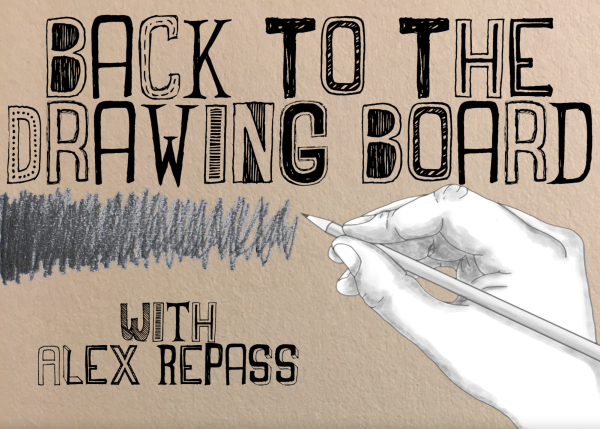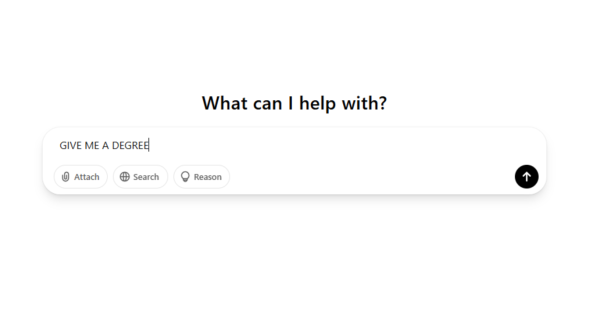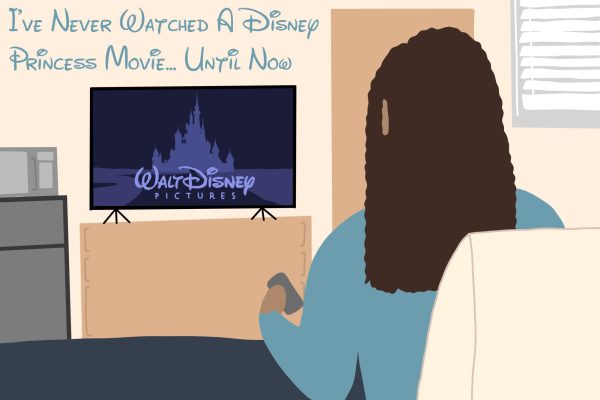The rave of necessary body positivism and self-love
Scrolling through my Instagram feed this past summer, I came across an ad for the new InStyle Magazine spokeswoman Jameela Jamil. In the promotion for the magazine, the British-born English teacher turned radio host and body positivism activist said the following: “Stop shaming people about their bodies, stop shaming people about their age, stop shaming people about their symmetry. Let a b*tch live!”
The activist launched an ever-growing Instagram account called “I Weigh,” which she was inspired to create after seeing a photo of the Kardashian/Jenner women detailing each of their respective weights. The corresponding hashtag, “#iweigh” lets women and even men all over the world post unedited pictures of themselves as a declaration of how proud they are of their bodies.
In addition, Jamil is a strong advocate against diet supplements and shakes, and has often criticized women like Khloe Kardashian and Cardi B for promoting these products on their social media outlets.
This ongoing revolution about positive body image has been around for over 20,000 years. In the twentieth and twenty-first centuries, however, the media has often portrayed the dreaded “appearance ideals,” only leading to women and men developing eating disorders. In fact, fashion guru Rachel Zoe is infamous for having said to celebrity clients, “it’s not the article of clothing, it’s you,” which also led to celebrities like Nicole Richie to develop eating disorders.
The RWU Health and Wellness Educators (HAWEs) have even taken initiative to combat the ostensible “appearance ideals” by hosting empowering discussions about healthy body image.
Nowadays, it is hard to even write about positive body image without fear of saying the wrong thing. The point of Lizzo and Jamil’s work as artists, activists and influential women is to essentially create a platform to help ordinary women and men feel comfortable discussing what they are grateful for about themselves — especially on Instagram, which is becoming a platform for self-love.





